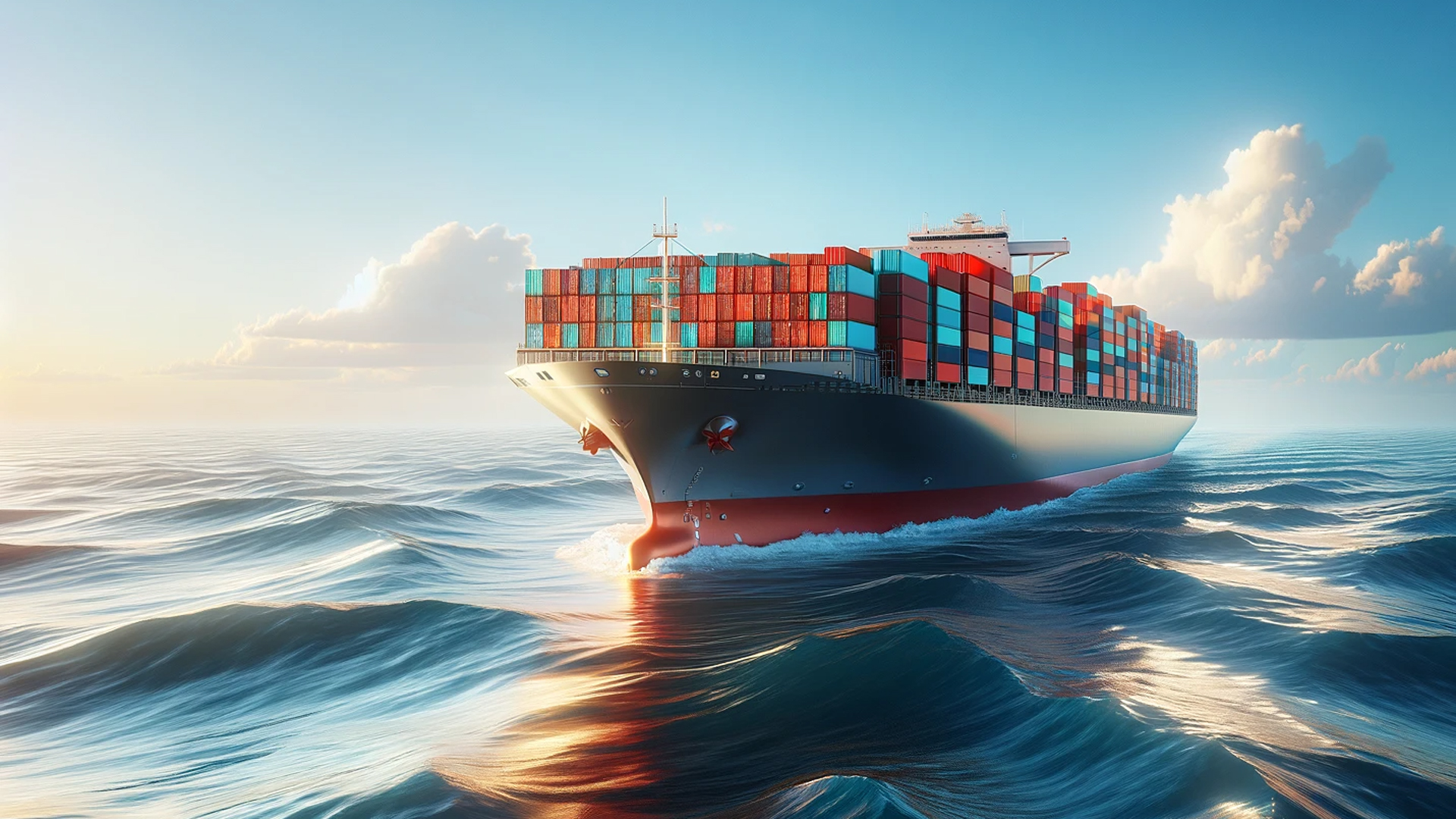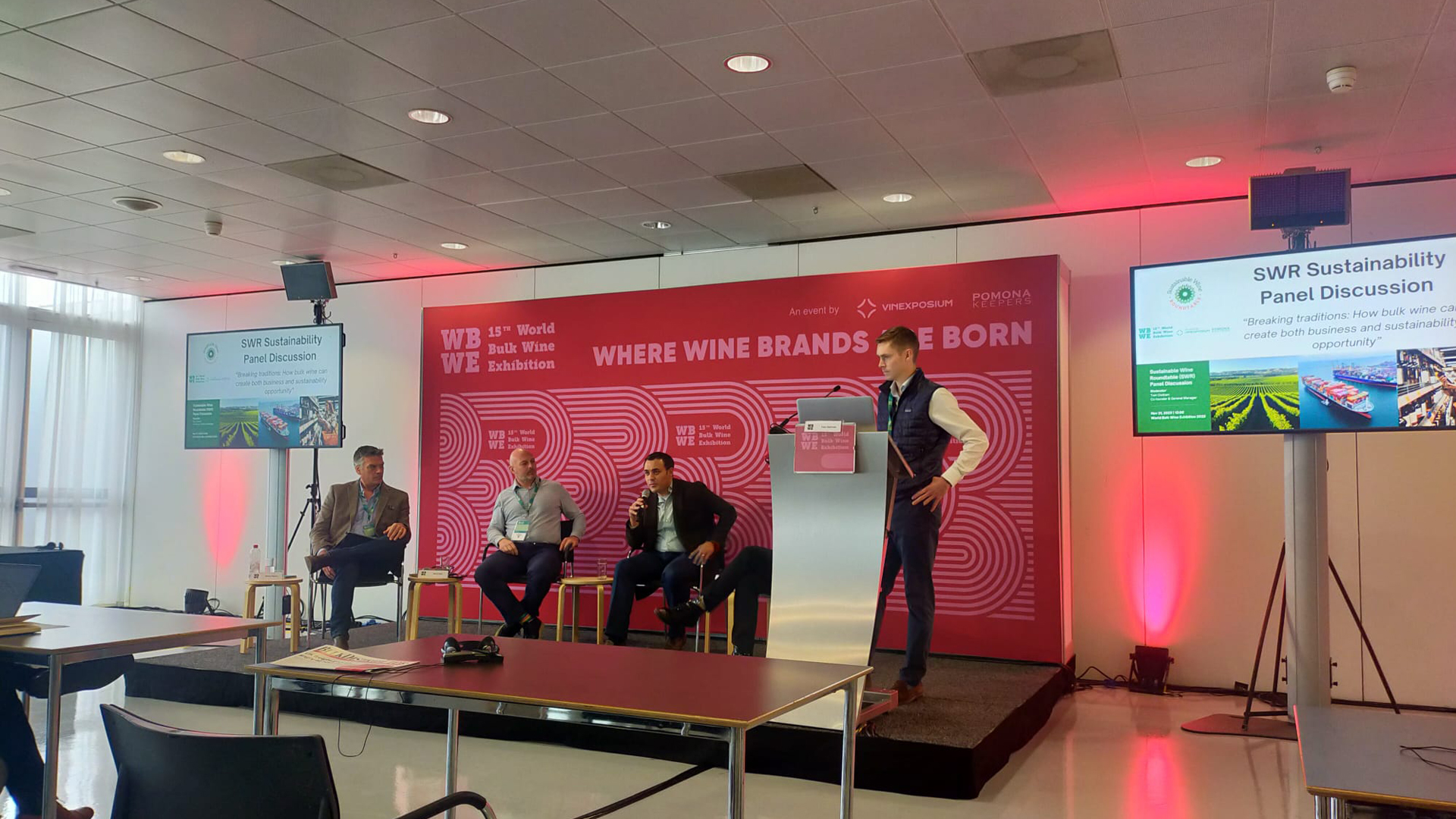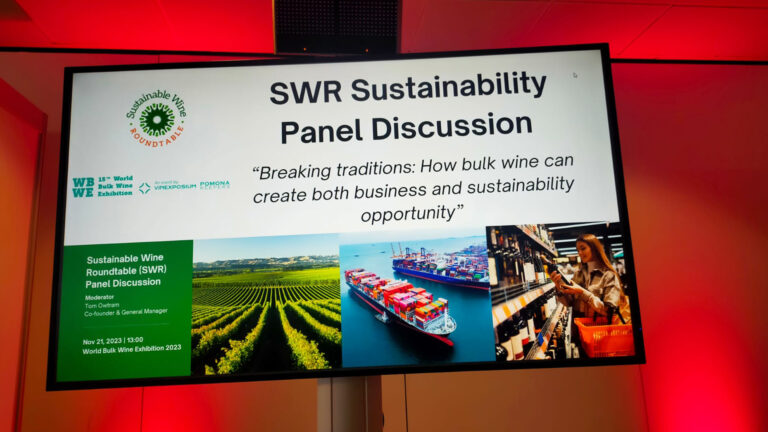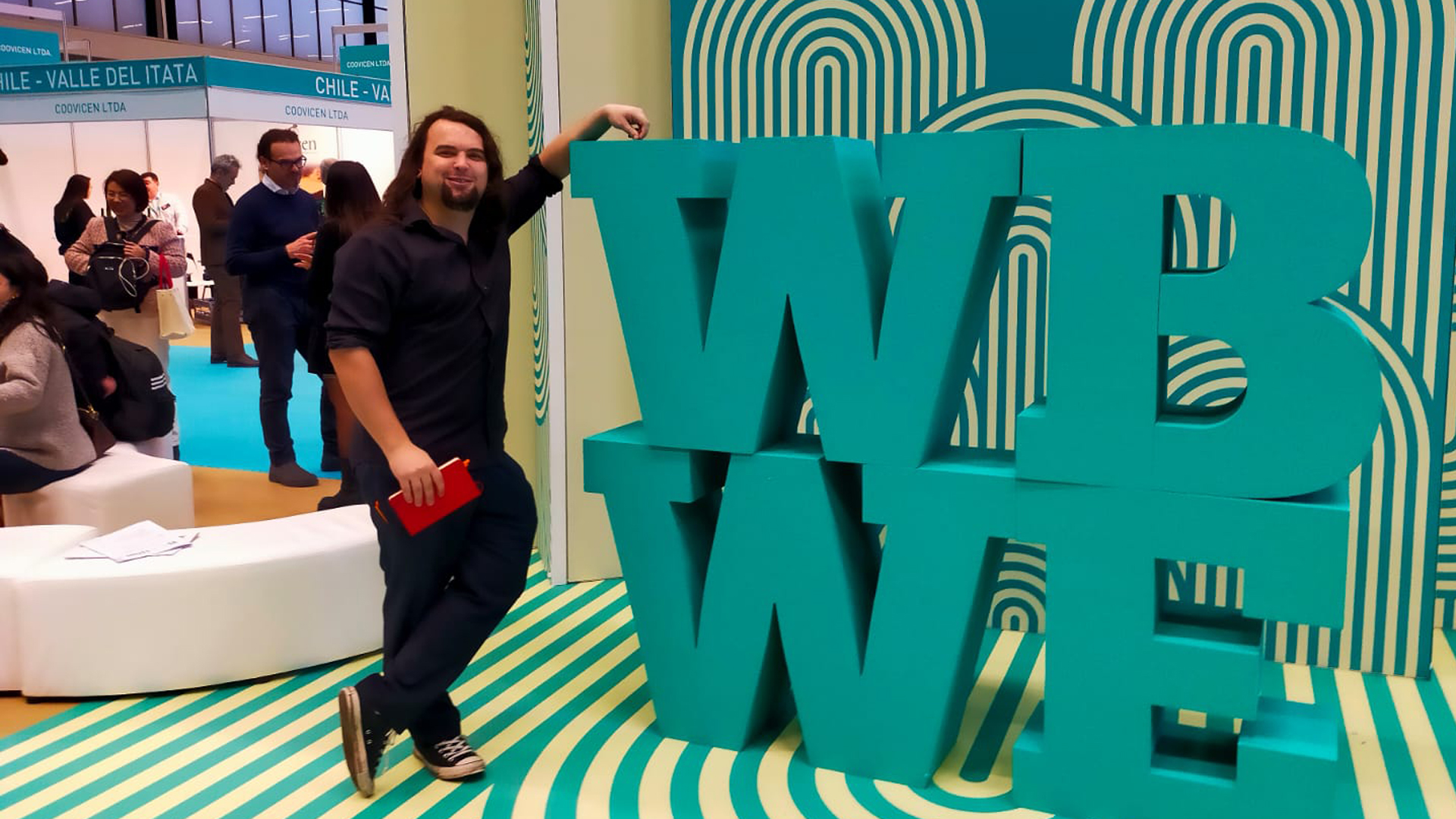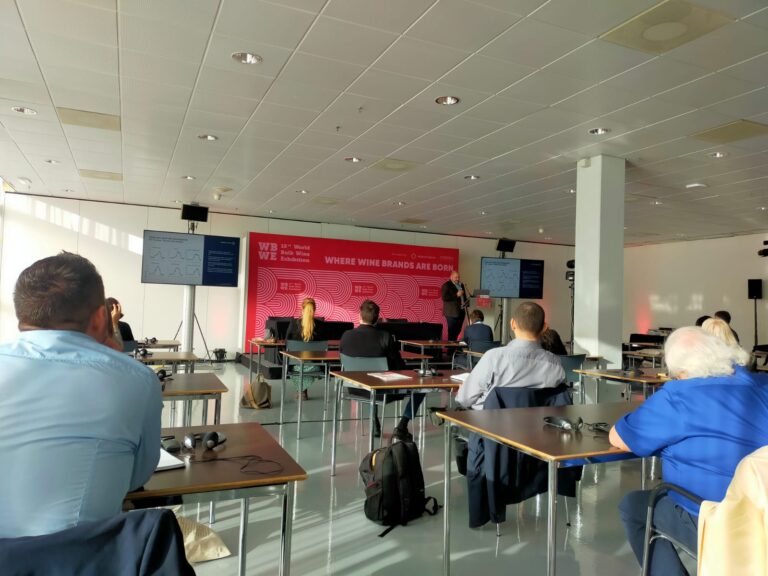In the world of bulk wine shipping, grasping the intricacies of marine cargo insurance is crucial. This field, unlike more uniformly regulated insurance areas such as cars, lacks a standard policy format, leading to a diverse range of coverage options.
Expert insights from Alison Levit from Albatrans shed light on the evolving nature of shipping risks. While improved schedule reliability has been a positive development, new challenges like increased theft and potential disruptions underline the significance of comprehensive and well-structured insurance contracts.
The Wine and Spirits Shippers Association Inc. (WSSA) has tailored insurance offerings that cater specifically to the wine and spirits sector. Their policies cover critical aspects such as temperature fluctuations, warehouse conditions, Container Transport Ready (CTR) damage, and issues specific to flexitanks.
Insurances for Everything
In addition to these protections, WSSA places a strong emphasis on educating those involved in the shipping process, highlighting the importance of a well-informed approach to risk management.
All-risk insurance, a popular choice in this field, aims to protect against physical loss or damage from external factors. However, it’s essential to be aware of its limitations. For example, it doesn’t typically cover internal errors, such as improper packing or overloading.
The financial impact of these risks is substantial. According to the WSSA the ecnonoimic loss rose up to 313 billion USD in 2022 of which about 132 billion USD was insured. The majority of damages occurred due to natural disasters, such as hurricanes or floods.
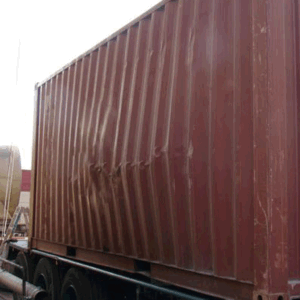
Efficient Shipping
Flexitanks, a significant innovation since their introduction in the 1980s of the US-Army to transport fuel to the front lines , have revolutionized the transportation of bulk liquids. With an impressive capacity—around 24,000 liters, they also offer superior space efficiency compared to drums and Intermediate Bulk Containers (IBCs).
Despite these benefits, flexitanks face challenges such as leakage and potential damage to container walls due to bulging. Compliance with best practice codes, although not mandatory, is crucial in mitigating these risks.
Environmental concerns are also significant, with the recycling of flexitanks hampered by materials such as aluminum barriers, essential for contamination prevention but difficult to recycle.Iso tanks present a more environmentally friendly option, offering advantages like reduced plastic waste and multiple uses (up to 100 times). They also provide insulation against extreme temperatures, which is vital in wine transport. However, these benefits come with higher costs and limited availability.
According to the WSSA, flexibags sometimes burst or ullage wine, resulting in oxidation due to low quality production. IN comparison, a ISO tank is more stable. In the career of a insurance man, he reported, he only had one problem as the rope of the crayon tore and the full tank fell to the ground, still being intact, suggesting it might be the safest option from the insurance point of view.
Flexibags stand out for their affordability and availability but are generally single-use, contributing to the issue of plastic waste. Insurance costs should be calculated carefully, including the overall value of the shipment and a 10% contingency for unforeseen expenses. Specific regions, like Mexico, may require higher insurance rates due to increased risk factor, including corruption at ports and thefts.
Statistical data indicates that about 10% of shipments encounter problems, but does not always involve complete cargo damage. The majority of claims are small, but can be beneficial for the importing party.
The financial impact of any loss, even non-damage related, can be significant. Insuring against CTR damage is particularly important as these costs can be considerable and are typically borne by the shipper.
Costs and Benefits
Every insurance comes with a cost. Looking at the numbers, shipping insurance is a no-brainer.
Usually the shipping insurance depends on value of the product, adding all related freight charges, shipping costs, delivery costs, customs broker fees + 10%. High risk regions usually have a light increase of about 0,4%.
Final Thoughts
The complexity and ever-changing nature of bulk wine shipping highlight the importance of comprehensive insurance. Working with knowledgeable brokers and creating customized policies can provide robust protection against a wide array of risks. Staying informed and adaptable is essential, as is choosing insurance coverage that specifically addresses the unique challenges of shipping beverages.
If you are interested in learning more on the WSSA, click here.
Thanks for Reading!
Glad you dropped by! If the insights here struck a chord, why not share them? And if you’re eager to talk more, I’m all ears – just reach out. Looking for someone to spark inspiration in your masterclass or brand event? Let’s talk and set up something amazing.
Disclaimer
This text was neither commissioned nor compensated. It reflects exclusively my own opinion.

ConVINOsation Podcast Brings EUROVINO Wine Fair to Life
In collaboration with Messe Karlsruhe, we are proud to launch ConVINOsation, a new podcast dedicated to tackling the wine industry’s most pressing topics. Hosted by

Live on Wein Verkauft!
I recently had the opportunity to join freelance consultant Diego Weber from Germany on his podcast, On German!. Over the course of the two-hour episode,

Live on the Morning Show
In July 2024, I had the exciting opportunity to appear on New York’s WTBQ Frank Truatt’s Morning Show, the #1 drive time morning show, with
Challenging Year for French Wines & Spirits Exports 2023
In the year 2023, the French wine and spirits sector navigated through challenging waters to post exports worth €16.2 billion. Despite representing a 5.9% decline from the previous year, this figure stands as the second-highest in the industry’s export history. The volume of exports also saw a considerable reduction, falling by 10.4%. However, the sector managed to maintain its status as the leading contributor to France’s agri-food surplus and the third largest in the nation’s overall trade balance, with a trade surplus of €14.8 billion, down by 5.8%.

DWI Announces Winner of the Sommelier Cup 2024
The DWI Sommelier-Cup 2024, hosted by the German Wine Institute (DWI), concluded on January 22, 2024, with Katharina Iglesias from wineBank in Hamburg claiming the title. The event, held at the Atrium Hotel in Mainz, witnessed participation from 28 professionals across various sectors of the wine industry. While the competition’s popularity remains undeniable, a critical examination of its structure and outcomes reveals aspects worth contemplating.
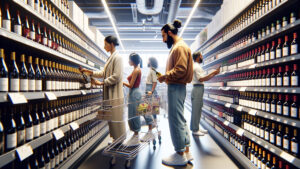
German Wine Consumption Plummets in 2023
The German wine consumption and buying behaviour is changing. (Photo: DallE)
